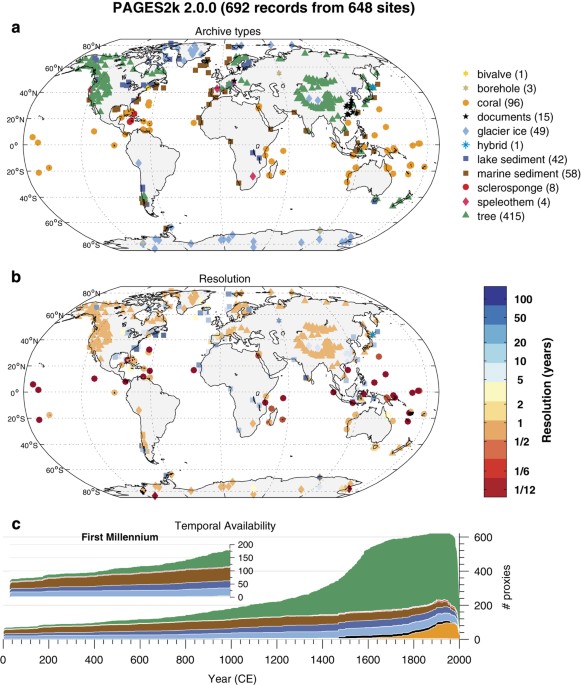jc456
Diamond Member
- Dec 18, 2013
- 138,899
- 28,980
and yet they can't prove it.Thousands and thousands of real scientists disagree.
Follow along with the video below to see how to install our site as a web app on your home screen.
Note: This feature may not be available in some browsers.
and yet they can't prove it.Thousands and thousands of real scientists disagree.
co2 doesnt cause warming
So real quick, these real scientists don't even know how to perform a repeatable experiment that backs their claims. That sounds rather stupid to me and unscientific.Thousands and thousands of real scientists disagree.
Terrific! Show us in a lab how much doubling CO2 from 250 to 500 PPM increases temperature

Did you know that inflatable balloons and greenhouses are not open systems?
A simple experiment on global warming | Royal Society Open Science
A simple experiment has been developed to demonstrate the global warming potential of carbon dioxide (CO2) gas in the Earth's atmosphere. A miniature electric resistance heating element was placed inside an inflatable balloon. The balloon was filled with ...royalsocietypublishing.org
they tried that in balloons to see how long it takes for them to cool down after being heated.
Since our buddy, manboob, has proved himself to be too cowardly or just to ignorant to discuss the matter of the accuracy of alleged “proxy” temperature measurements, I will share this with the class:

A global multiproxy database for temperature reconstructions of the Common Era - Scientific Data
Design Type(s) observation design • data integration objective • time series design Measurement Type(s) archaeal metabolite • calcification • glacial ice • radiance • sediment • stable isotope analysis • temperature of environmental material • trace metal analysis • wood Technology Type(s) data...www.nature.com
I haven’t found it helpful in determining to what degree (no pun intended) the proxy data — as analyzed — corresponds to whatever the actual temperatures might have been. It looks like it can be refined (or so they believe) to determining the approximate average temperatures in any given location to within a period of one year. This obviously, alone, brings into question how accurate it is. (Any such average annual temperature could have been skewed by a heat wave of unusually high temperatures, for example. Of maybe it got skewed that year in a different direction by an unusually cold period of drastically sun freezing temperatures.)
I’ll keep digging because I find it interesting. But I’d like a short cut. How can we determine how accurate or inaccurate the proxy data is and to within what parameters? Does anybody know? I exclude manboob because he doesn’t know.
You can't change your gender. Science.
They don’t know scienceDid you know that inflatable balloons and greenhouses are not open systems?
They don’t know science
Why doesn’t the 280 warm? Why only 150?1,000,000 ppm gives a couple degrees temperature increase ... proving 150 ppm would also increase temperatures ... if we had a thermometer sensitive enough ... maybe a thermocouple of the correct temperature range and electronics ... and correcting for specific heat and mass differences ...
Why not do this in a blimp hanger? ... give the photons their mean free path in the gas we're testing ... easy peasy ...
Why doesn’t the 280 warm? Why only 150?
And those pesky humans on Mars, too.Across the entire globe.
So 280 can’t warm. Amazing280 ppm is the natural level, per ice core data ... it's the extra 150 ppm that makes tornadoes spin upside-down ... or whatever the latest claims are ... test it in a blimp hanger ...
You could use SB to check, if only someone knew how.280 ppm is the natural level, per ice core data ... it's the extra 150 ppm that makes tornadoes spin upside-down ... or whatever the latest claims are ... test it in a blimp hanger ...
You don’t know basic science, no one’s asking youSorry, but we're not going to go over the basic science every time another denier demands

What are you babbling about?And those pesky humans on Mars, too.